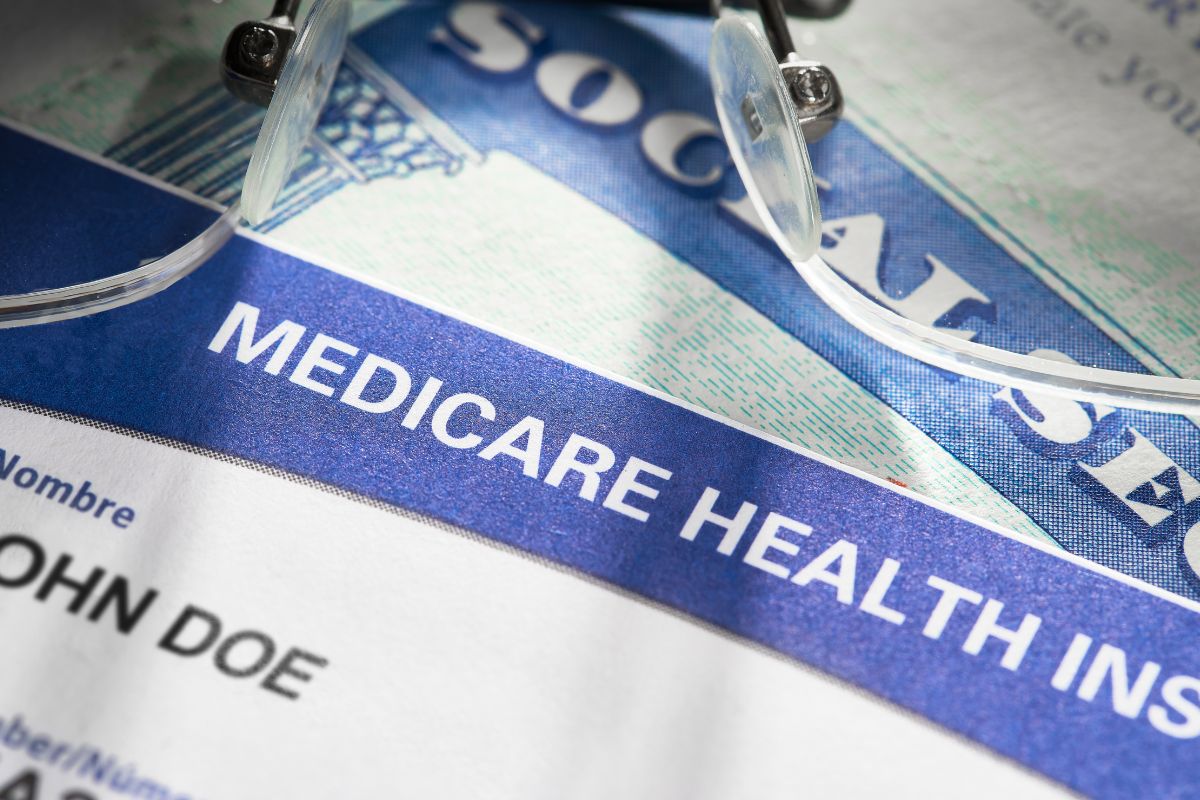
Can You Apply for Medicare without Social Security?
Many people think you have to enroll in Social Security benefits before you can apply for Medicare. Since you usually start taking both during retirement and Medicare premiums can be deducted from your Social Security benefits, it’s easy to see why people think you can’t get Medicare without Social Security. Fortunately, that’s not the case!
When to Begin Social Security Benefits
You can begin receiving Social Security benefits as early as age 62, as long as you’ve earned enough credits. The latest you can start drawing Social Security benefits is age 70. There are pros and cons to starting earlier as well as late.
If you start taking Social Security at age 62, you won’t have met your full retirement age (FRA). Your benefits will be significantly reduced, so you’ll have less money each month. Some people don’t consider this a negative thing because it also means they’ll be drawing benefits for longer.
Your FRA is based on the year you were born. For example, if you were born in 1958, your FRA is 66 and 8 months. If you were born in 1960 or later, your FRA is 67. See the Social Security website for a complete list of full retirement ages.
Delaying your Social Security benefits doesn’t impact your Medicare eligibility. You’ll be eligible for Medicare when you turn 65, regardless of whether or not you choose to take Social Security at that time or not.
When to Begin Medicare Coverage
Medicare coverage can begin as early as age 65 or younger if you meet certain medical criteria. Even if you begin taking Social Security benefits at age 62, you’ll still need to wait to enroll in Medicare until age 65.
There is a common misconception that you have to enroll in Medicare at age 65. This isn’t true, but it’s important to understand how to properly delay Medicare if you decide to wait to enroll. You must have creditable health insurance in place in order to postpone your Medicare enrollment without penalties. Most creditable coverage comes in the form of a large employer-sponsored health plan. As long as you are covered by creditable insurance, you can delay your Medicare enrollment as long as you’d like.
Medicare Auto-Enrollment
Now let’s explain a little more about one way Social Security and Medicare are linked and why they sometimes cause confusion.
If you start getting Social Security benefits prior to age 65, the government assumes you are retired. Therefore, when your 65th birthday comes around, they will automatically enroll you in both parts of Medicare - Part A and Part B. Your Medicare ID will be delivered to your mailbox about two months before your birthday.
This does not mean you are required to go on Medicare. If you have creditable insurance, you simply need to fill out the form that comes with your Medicare card and decline coverage.
However, you must keep Part A if you’re already on Social Security. This makes sense for most people since Part A is premium-free if you have enough credits. The only thing to be aware of is that you cannot continue contributing to a Health Savings Account (HSA) once you are on any part of Medicare.
So yes, you can get Medicare without Social Security! If you’re considering delaying Medicare, it’s important to talk to an advisor to make sure you can do so without penalties. You can also speak to your advisor about when it would be best for you to begin taking Social Security benefits. These are not decisions that should be taken lightly. Work with an expert at Local Medicare Specialists to make sure you’re set up for a healthy retirement!
Still Have Medicare Questions?
Schedule a FREE Medicare plan consultation with an agent in your neighborhood.
Privacy and Security: Your privacy and security are extremely important to us. Your personal information is protected by our Privacy Policy
LocalMedicareSpecialists.com is privately owned and operated by LMS Insurance LLC. LocalMedicareSpecialists.com is a non-government resource for those who depend on Medicare, providing Medicare information in a simple and straightforward way.
We do not offer every plan available in your area. Currently we represent 11 organizations which offer 173 products in your area. Please contact Medicare.gov, 1-800-MEDICARE, or your local State Health Insurance Program (SHIP) to get information on all of your options.
